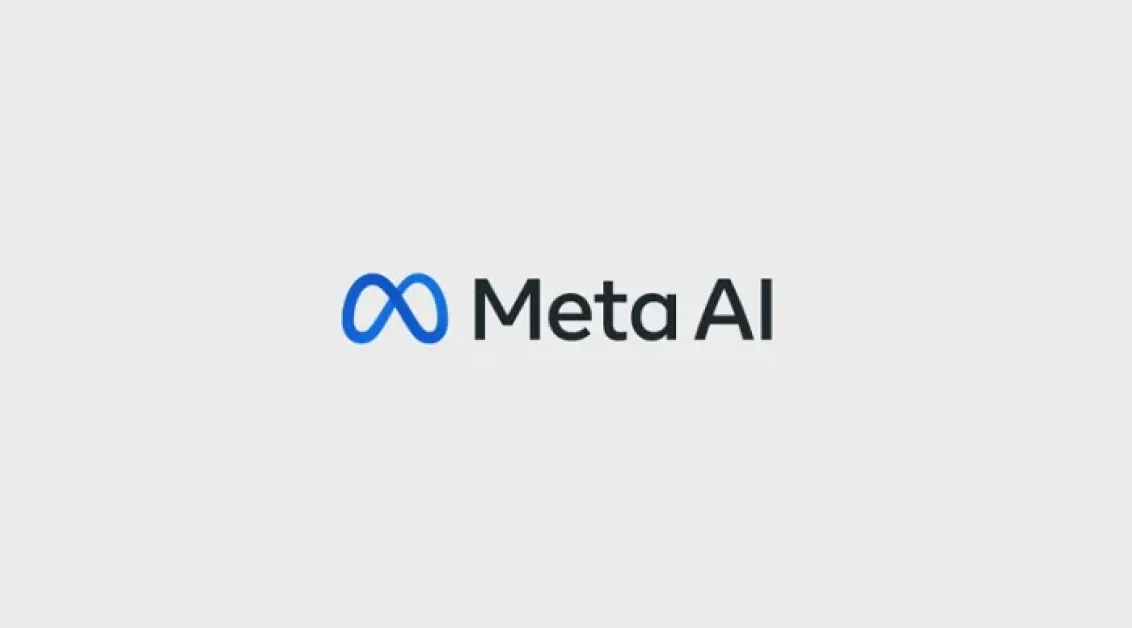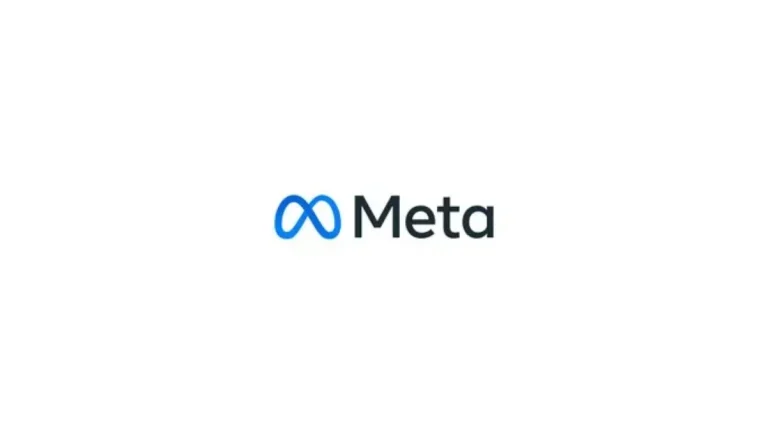Not a great week for Zuckerberg’s PR team, with a new report suggesting that Meta may have used torrent software to illegally download copyright-protected books, which it then added into the datasets used to train its AI models. And Zuck himself may have approved such use.
Probably not a great way to enhance its appeal to creators in its apps.
According to a new report from Wired, the revelation was included as part of a copyright case filed by a group of authors against Meta over the development of its AI datasets. Documents released by the court show that Meta used a tool called “Library Genesis” (LibGen) to access pirated versions of books in order to help build its datasets.
As per Wired:
“These newly unredacted documents reveal exchanges between Meta employees unearthed in the discovery process, like a Meta engineer telling a colleague that they hesitated to access LibGen data because “torrenting from a [Meta-owned] corporate laptop doesn’t feel right.”. They also allege that internal discussions about using LibGen data were escalated to Meta CEO Mark Zuckerberg (referred to as “MZ” in the memo handed over during discovery) and that Meta’s AI team was “approved to use” the pirated material.”
Yeah, that doesn’t look great for Zuck, who’s already facing significant backlash over his recent knee-bending to incoming President Donald Trump.
Last week, Meta announced a major revamp of its content moderation process, while also eliminating its fact-checking program, in favor an X-style Community Notes system. Meta’s approaches on both fronts have long been criticized by right-wing politicians, including Trump, and the changes do seem to align with what Trump may have requested from Zuckerberg when they met late last year, shortly after his election win.
At one stage, Trump had threatened to jail Zuckerberg for life over what he perceived as election interference, following the 2021 suspension of Trump’s Facebook account (in the wake of the Capitol Riots).
But now, Zuckerberg is seemingly making regular trips to Mar-a-Lago, Trump’s Florida home base, while Zuckerberg is also set to have a front-row seat at Trump’s inauguration ceremony next week.
The change in approach has rapidly transformed the perception of Zuckerberg, who has spent years re-shaping his public persona following the controversies of the past. Indeed, Meta changed its company name to distance itself from scandals like Cambridge Analytica, in an effort to avoid association with its previous data dealing and access issues.
Zuckerberg, too, has emerged as a more approachable, human presence in recent times. But the past two weeks have seemingly revealed, once again, that Zuckerberg values business success above all else, and that his moral stances are dictated by profit.
This latest revelation will underline this further, showing that Zuckerberg is potentially willing to undercut artists for his own business gain.
Which, I guess, is not a major revelation in the end. CEOs are responsible for business performance, and are beholden to their shareholders, so it’s not a huge surprise that they would act in the company’s interests. But there has also been a bigger push to support more ethical businesses in recent times, and revelations like this, if they’re proven correct, could have an impact.
But then again, the media cycle is much shorter than it used to be, and controversies tend to only hold for a day or so, till the next issue of the day takes over. So maybe, it’s not as big of a risk as it seems, and maybe Meta sees the eventual development of more advanced AI as more valuable than the risks of accessing a single dataset.
After all, Meta has previously argued that using any publicly available materials to train its AI tools is covered under “fair use”, a copyright clause that allows for such use in specific cases, like news reporting.
That seems like a fairly egregious misreading of that clause, but again, Meta’s legal team has been fairly audacious in its attempts to justify the company’s use of massive datasets.
Audacious, and in some respects, arrogant, knowing that it has the resources to counter legal threats into oblivion, and that the laws are not currently structured to cover uses like AI training.
That bullying approach may be more true to Meta, and Zuckerberg’s actual style, which again undermines the more relaxed persona that he’s cultivated in recent years.
At the end of the day, Zuckerberg is a capitalist, and in this sense, all we’re seeing is a businessman maximizing his opportunities. But it could, at some stage, spark a more significant backlash against Meta’s products.





